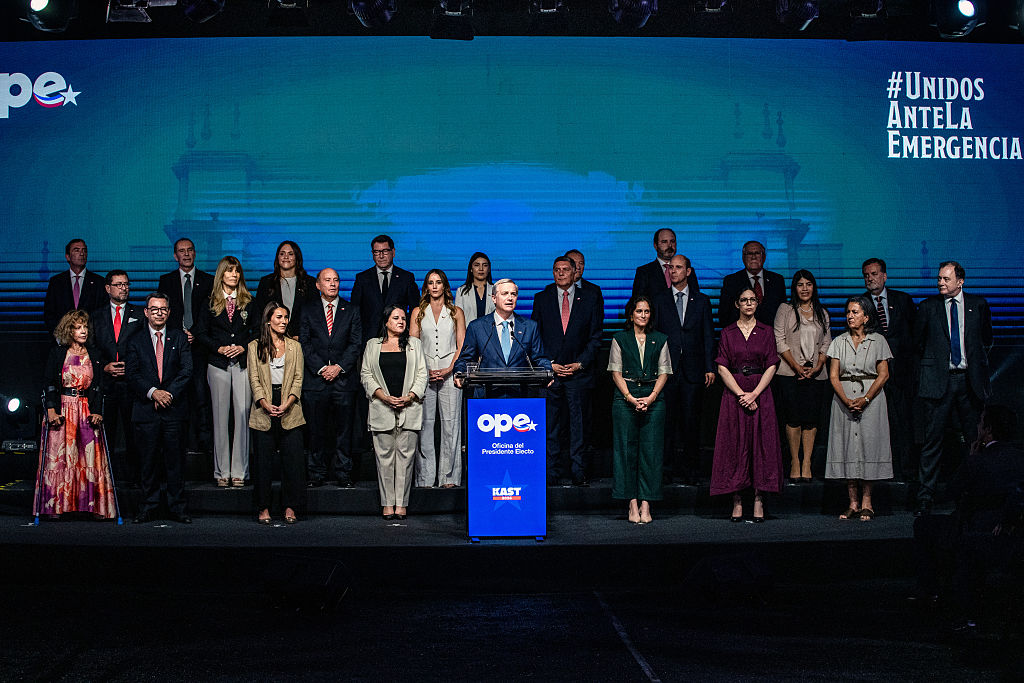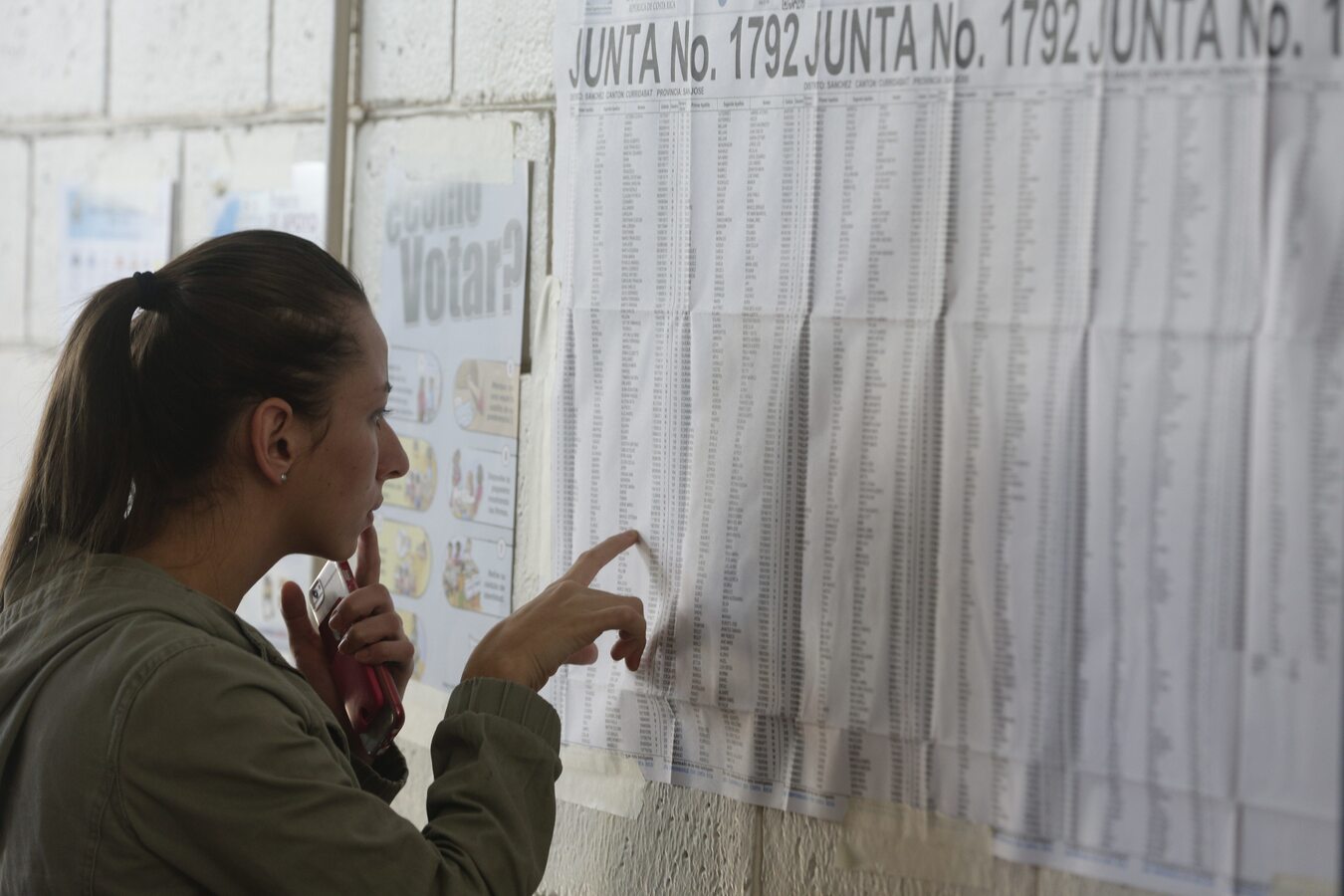Great Challenge, Grand Possibility
Great Challenge, Grand Possibility
"In supporting the [Honduran] elections, the United States led a forward-looking effort to establish a path out of the constitutional crisis so as not to create a Central American pariah state," argues COA's Eric Farnsworth in this op-ed he co-authored for The Miami Herald.
The Honduran elections provide a real opportunity for that country to bind its wounds, reestablish political and economic order, and move on. In supporting the elections, the United States led a forward-looking effort to establish a path out of the constitutional crisis so as not to create a Central American pariah state.
Nonetheless, the prospects for hemispheric democracy have improved little, with no guarantees that the crisis that has roiled Honduras since June will be an isolated case. That is because the major threat to participatory democracy in Latin America remains the abuse by elected officials who, once elected, proceed to hollow out and dismantle essential democratic institutions.
Barely a decade ago, broad hemispheric consensus existed on what constitutes democracy: regular, contested elections conducted freely and transparently according to the constitution, militaries fully subservient to civilian authority, strong institutions to check and balance individual ambition and separation of powers, including independent judiciaries, legislatures and central banks. The march toward democracy in the Americas was seen as inevitable, if imperfect, and formed the bedrock principle of bipartisan U.S. policy in the region.
Hemispheric agreement to the Democracy Charter, signed in Lima on Sept. 11, 2001, with all nations represented except Cuba, was a crowning achievement. But the Democracy Charter has proven to be little more than aspirational, given the unwillingness of the hemispheric community to take concrete steps to protect democracy, or even to speak publicly, when democracy is threatened across the hemisphere.
Democracy under threat
• When the supreme court, legislature, central bank and independent press are undermined, so is democracy.
• When constitutions are simply rewritten to allow indefinite reelection of leaders and elections are then fixed to provide every advantage to the incumbent leader and his supporters, democracy is weakened.
• When militaries are politicized, democracy is imperiled.
Yet, countries in Latin America, the hemispheric community and institutions such as the OAS have had little comment.
It is against this backdrop that the independent Honduran supreme court and legislature acted to remove President Manuel "Mel'' Zelaya. They overstepped, unconstitutionally banishing Zelaya to Costa Rica in the middle of the night and precipitating a crisis that turned Zelaya into a democratic martyr.
Prior to his exile, however, Zelaya had begun to take steps that would have allowed him to remain in office while taking Honduras down the dreary road toward populism. If any nation in the hemisphere should be neuralgic about presidents overstaying their mandate, it is Honduras. And when it became clear that the hemispheric community would not step in to dissuade Zelaya on the eve of an unconstitutional referendum from perpetuating his presidency, other organs of the Honduran government acted as they saw fit to protect their democracy.
Aberration or omen?
They had seen hemispheric impotence in the face of the populist tide and resolved to ensure that Honduras would not be the latest victim. This is not to justify what was done, which appropriately led to international condemnation. Nonetheless, Honduras now stands a legitimate chance of returning to normalcy.
Still, the broader, urgent question remains. Is Honduras an aberration or, instead, the canary in the coalmine? Current hemispheric institutions, including the OAS, are only able to deal superficially with the abuse of power by popularly elected leaders, whereas the United States and others have refused to engage in this strategic battle for the soul of Latin America for fear of themselves becoming the target or of being labeled unilateralist.
In the meantime, there may be at least half a dozen nations in Latin America where the same scenario as Honduras could conceivably play out.
This is not an academic exercise; rather, it is perhaps the defining issue facing hemispheric policymakers, and the sooner that the United States engages a full-throated conversation on democracy with like-minded regional partners, the better chance we will have of supporting our friends, isolating populist agitators and restoring the democratic consensus that has defined U.S. strategic interests in the Americas since the end of the Cold War.
Really, there is little time to waste.
Peter Romero is CEO of Experior Advisory and former U.S. assistant secretary of state for the Western Hemisphere. Eric Farnsworth is vice president of the Council of the Americas and a former White House policy advisor on hemispheric affairs.








